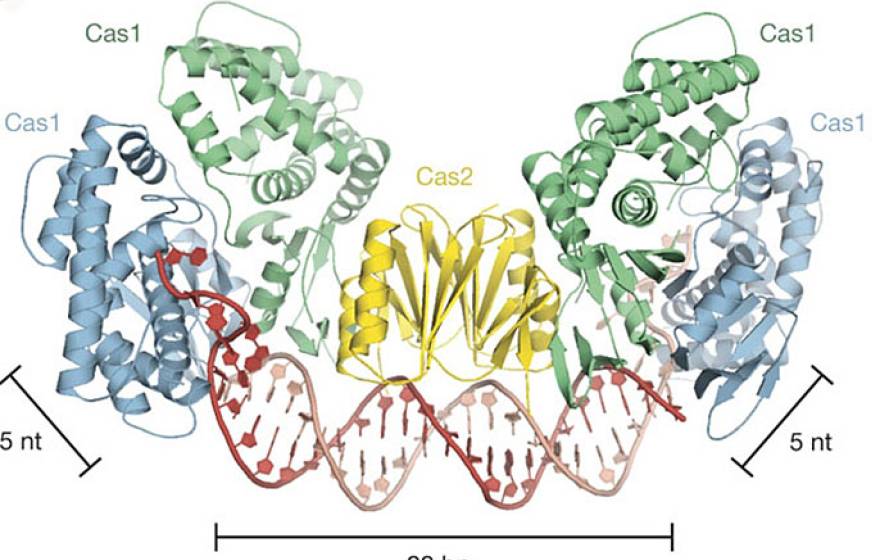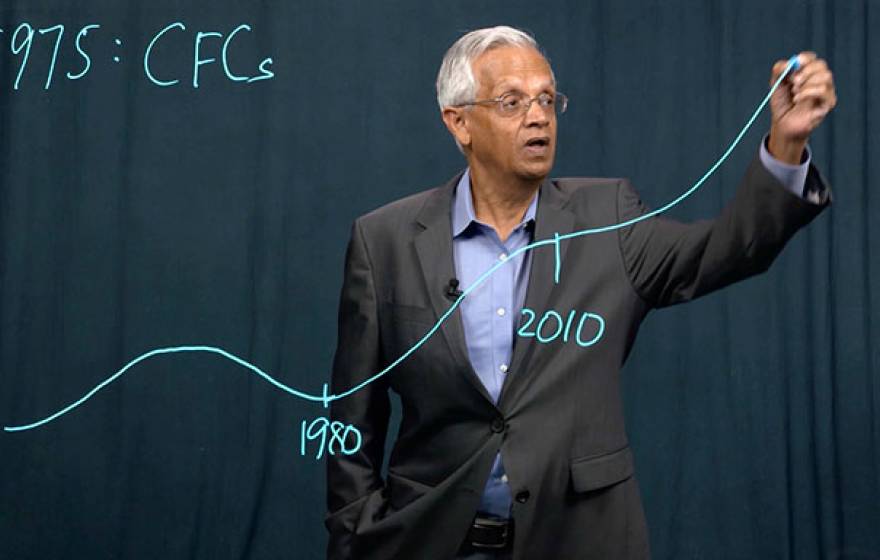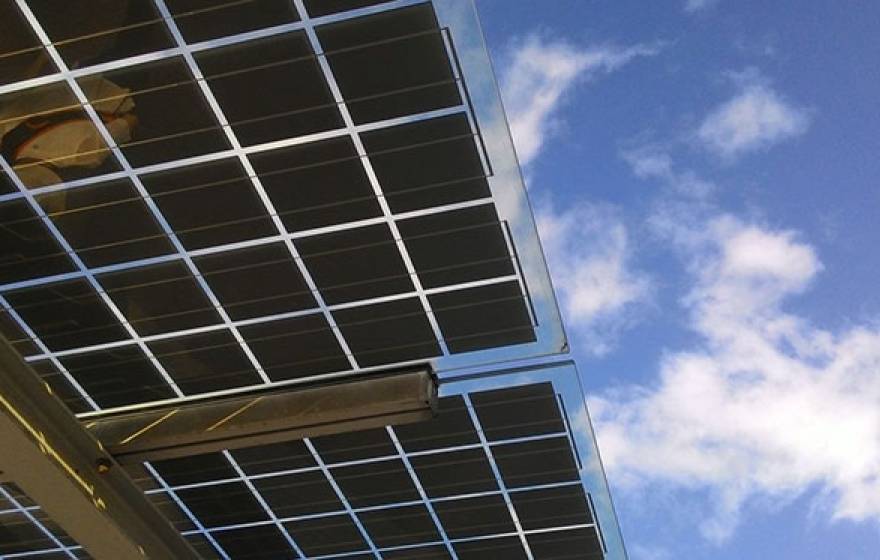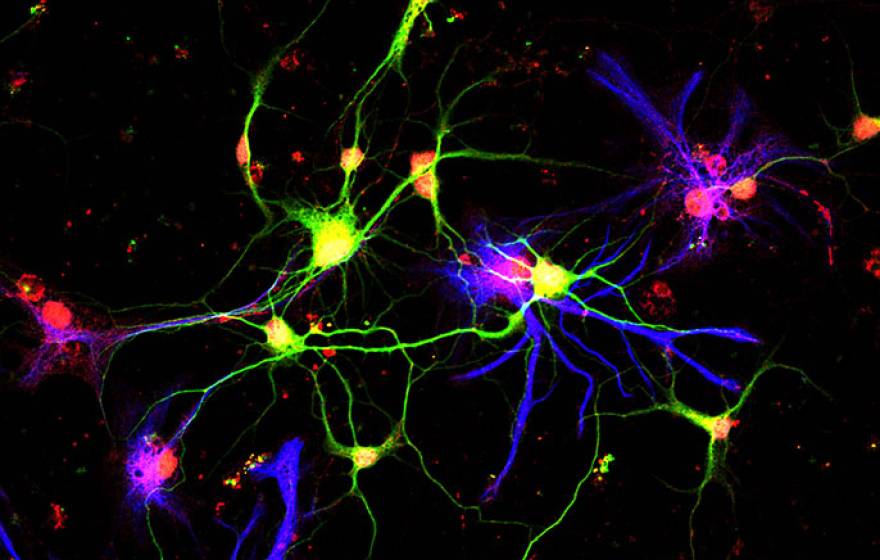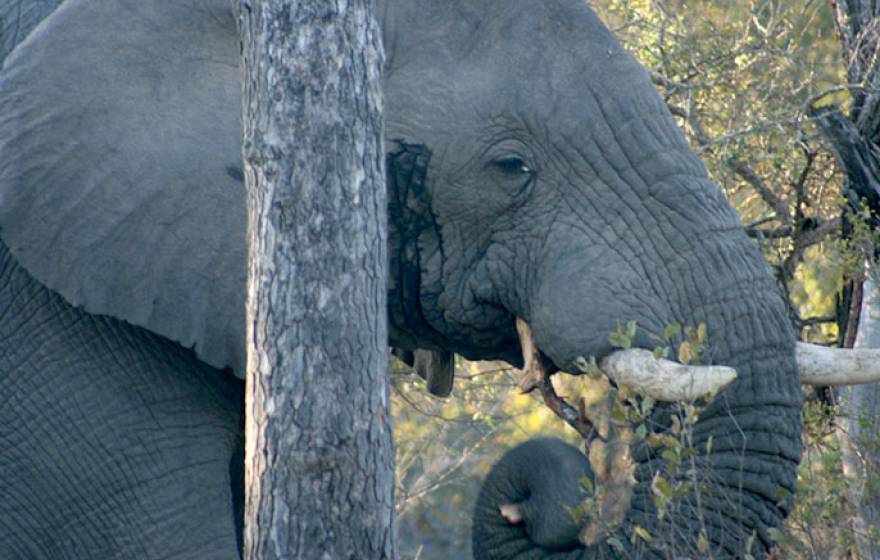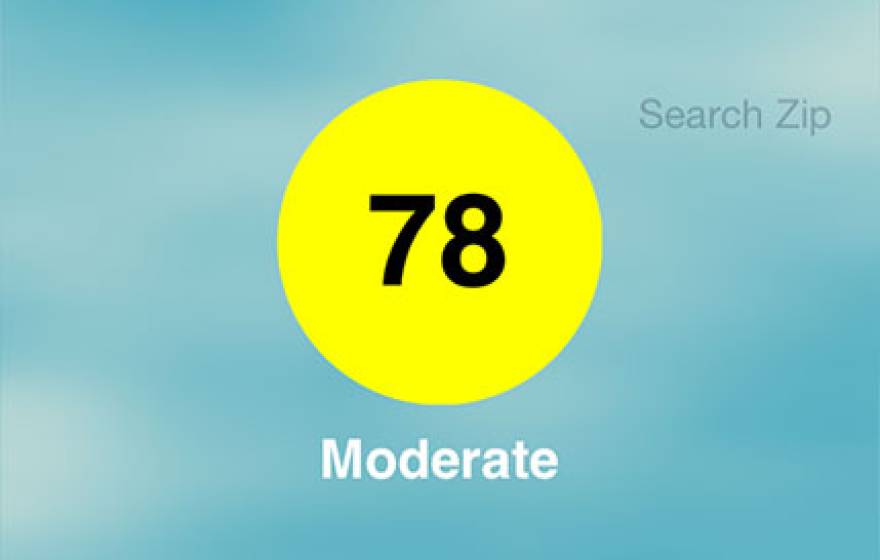Studying how bacteria set up their immune system to detect viruses could improve genome editing through CRISPR.
How bacteria vaccinate themselves against viruses
Why age discrimination is worse for women
A new study, featuring research out of UC Irvine, finds that older female workers face a hiring disadvantage in certain fields, which has serious consequences for their retirement security.
Cutting sugar from kids' diets improves health in just days
Reducing consumption of added sugar has the power to reverse a cluster of chronic metabolic diseases, such as high cholesterol and blood pressure, in children in as little as 10 days.
UC researchers present 10 scalable solutions for climate change
These solutions offer a practical framework outlining both immediate and longer-term actions for moving toward carbon neutrality.
California universities launch experiment to go carbon-neutral 'at scale'
UC pledges to stop contributing to climate change while going about its normal business. Can the lessons we’re learning here be scaled up to the nation and the world?
Lotion ingredient may be more potent carcinogen than thought
Paraben, found in sunscreens, shampoos and other personal care products, interacts with body's own growth factors to increase breast cell proliferation.
Experts suggest ways to better manage urban stormwater runoff
Rain barrels, absorbent roofs and permeable pavement could help reduce waste, researchers from UC Irvine, UCLA, UC San Diego and elsewhere say in paper.
Discovery could lead to better recovery after stroke
Previously unidentified molecule signals brain tissue to form new connections.
Loss of large land mammals could change landscapes forever
Loss of large land mammals could change landscapes forever. Earlier extinctions had significant impacts on both flora and other fauna that persist to this day.
Better way to pack natural gas into fuel tanks
New method of storing methane could speed development of cars that don’t require the high pressures or cold temperatures of today’s LNG vehicles.
Tech's no magic bullet in getting voters of color to the polls
Old-school but highly personal tactics — phone banks, door-to-door canvassing — have proven more effective.
Check air quality with your phone
UCLA's AirForU app lets users check for unsafe smog levels anywhere in the U.S. — especially useful for asthmatics or others with respiratory problems.
